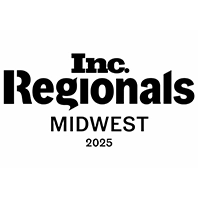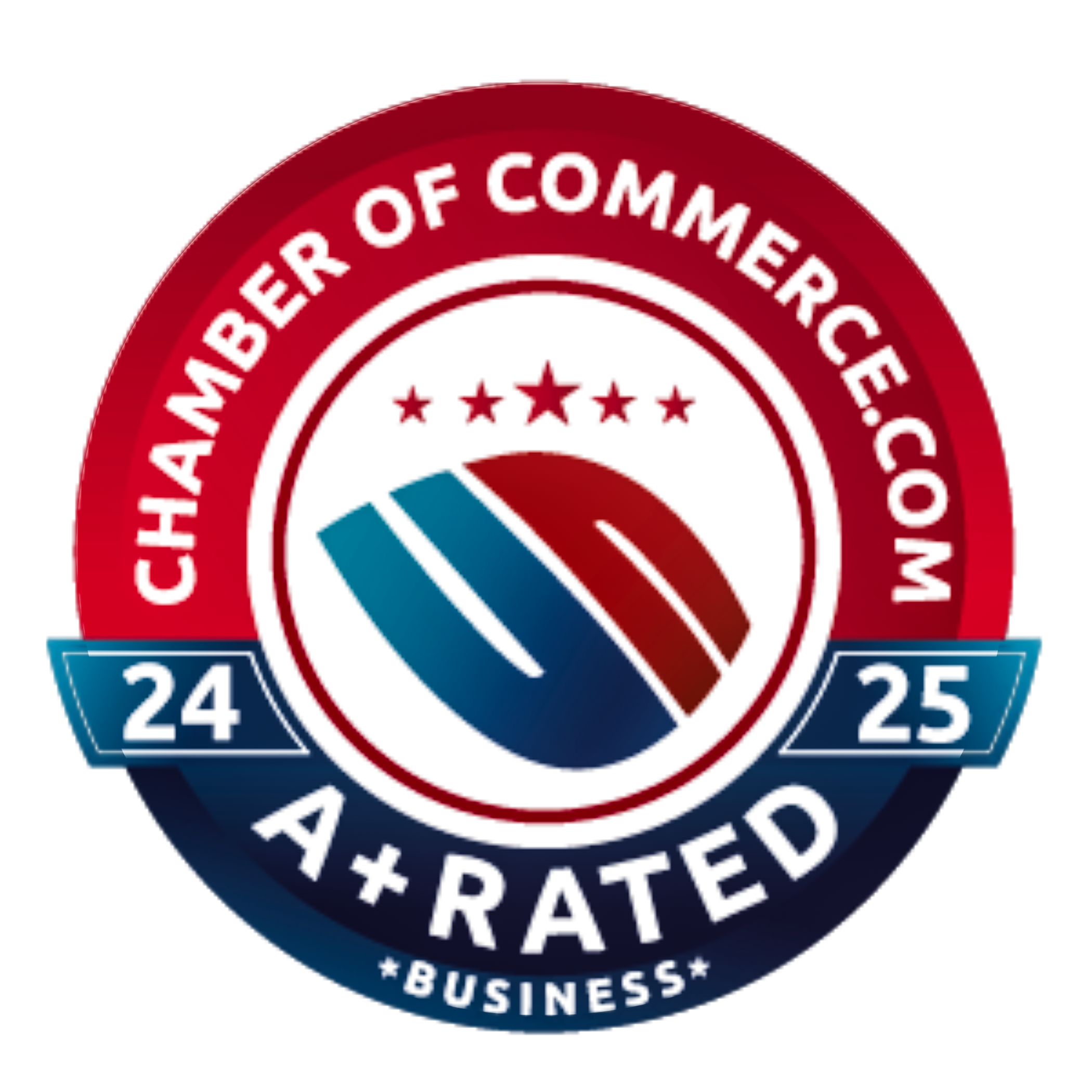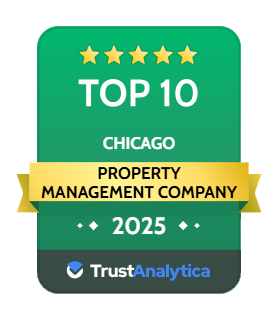Budgeting for your rental property is crucial to a successful investment. Repairs can sometimes be unpredictable, so it is important to allocate enough funds to handle any unforeseen costs on top of regular maintenance. Below, we’ve outlined some of the most commonly used strategies amongst landlords to budget for repairs.
Know Your Expenses: Fixed vs. Variable
First, it is important to understand the two types of expenses associated with your rental property: fixed and variable expenses. Fixed expenses do not mean these costs will be a fixed price--for example, water, trash pickup, and lawn care may vary in costs from month to month--but they are fixed in the sense that you can expect these costs on a regular schedule.
Here are some other examples of common fixed costs:
- Mortgage payment
- Property taxes
- Insurance
- Any utilities you cover
- HOA fees
Fixed expenses will be fairly straight forward to budget for, since you know in advance you will have to pay them every month. Plus, you know roughly how much they will cost.
Variable expenses, on the other hand, are harder to account for. These are inconsistent or unpredictable expenses associated with your rental property.
Variable expenses include:
- Items that will need to be replaced periodically over time. (ie. roof, HVAC, water heater, appliances) These are known as capital expenditures, or capex expenses. While you are allowed to deduct these expenses from your taxes, the IRS requires you to amortize them over many years.
- Repairs
- Vacancy loss
- Turnover costs
Variable expenses will vary based on the condition of your property, the property market, and seasonality. For example, a property in Lincoln Park or Downtown Chicago might rent quicker and have less vacancy than a property in a less desirable area of Chicago.
Everything in a property will eventually wear out or need to be replaced. It is important to set aside enough money so you are prepared when unforeseen repairs and expenses arise.
3 Strategies for Budgeting Repair and Maintenance Costs
Here is a list of different effective strategies you can use to budget for fixed and variable costs to your property.
50% Rule - This means 50% percent of your rental income should go towards covering all fixed and variable expenses, other than mortgage. The majority of the other 50% should go towards covering your monthly mortgage payment. The leftover income is your cash flow, or profit, from the rental. Some landlords use the cash flow to pay off their mortgage faster, invest in other properties, or keep it as profit.
1% Rule - For this strategy, you will set aside at least 1% of the property’s value each year towards the cost of future maintenance. For example, if the home is $300,000, you would save at least $3,000 each year. This averages out to saving $250 a month. Some landlords will save 2% or 3% to give themselves more security.
Save All Cash Flow - This means you will set aside all cash flow from your property for future repairs. This is a good strategy if you are just starting out as a landlord. It allows you to save up enough of a financial cushion to protect yourself in case your rental property needs a large repair early on.
Many landlords combine one of these strategies with a home equity line of credit on the property. A line of credit is a valuable financial tool that can help you in case of a large unexpected repair or succession of unpredicted maintenance costs.
Budgeting for repairs can be tricky, especially for new landlords, but it is essential to running a successful rental property. If you budget effectively, you will be ready for any unforeseen costs, no matter how big.
We would be happy to answer questions regarding maintenance budgets or any of your property management needs. Give us a call--we look forward to speaking with you!






.png)


